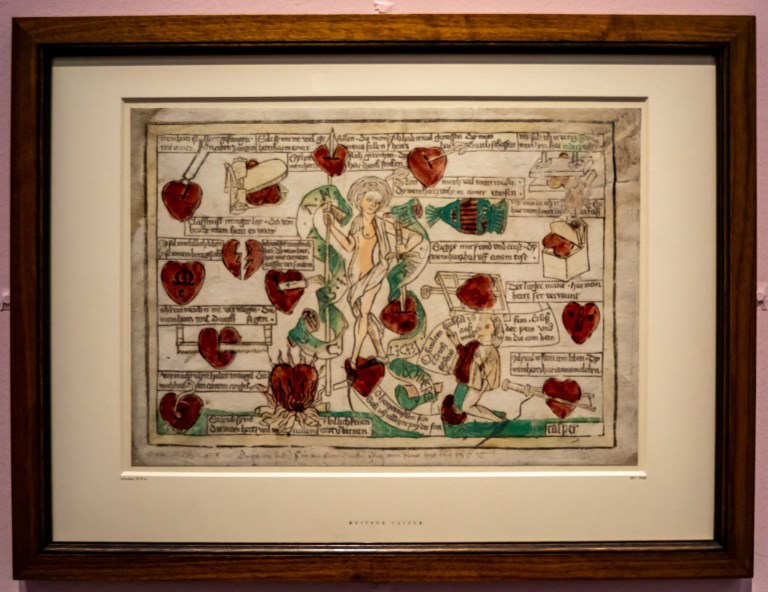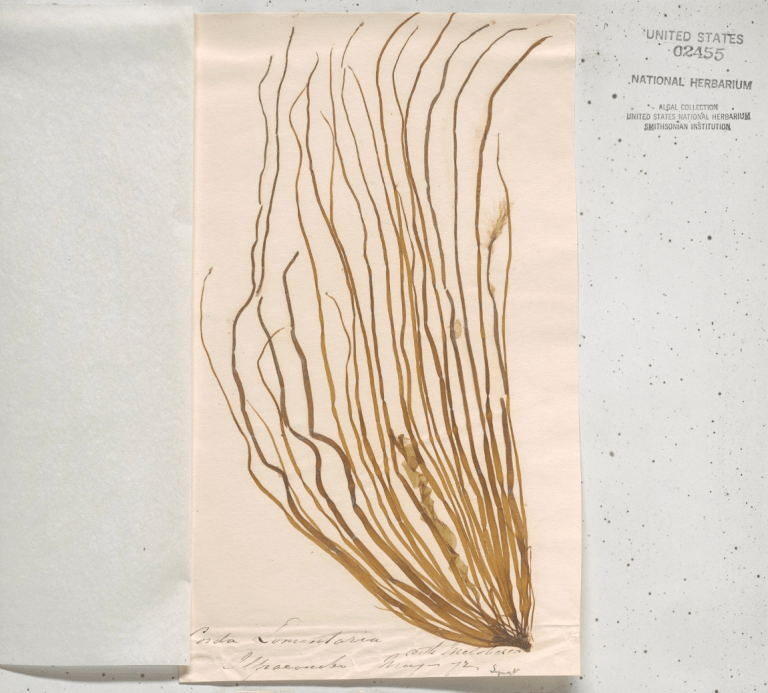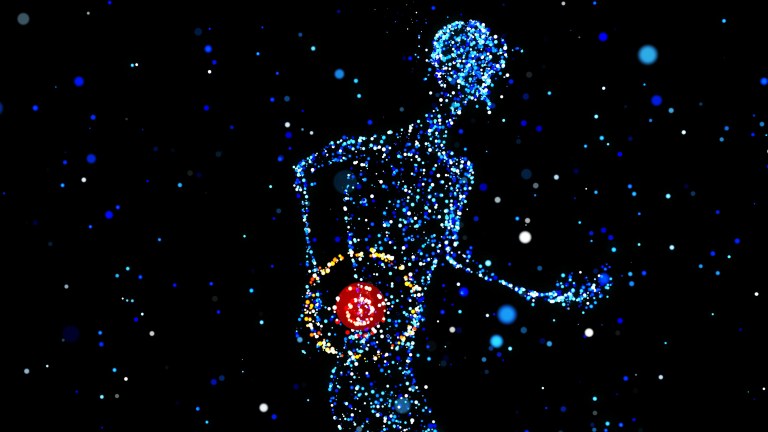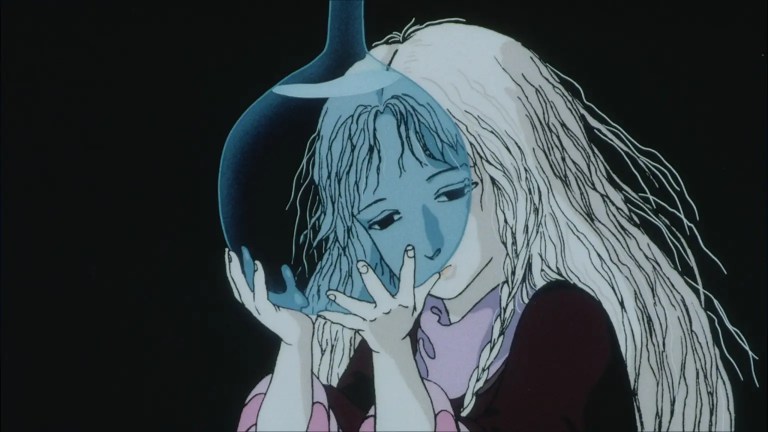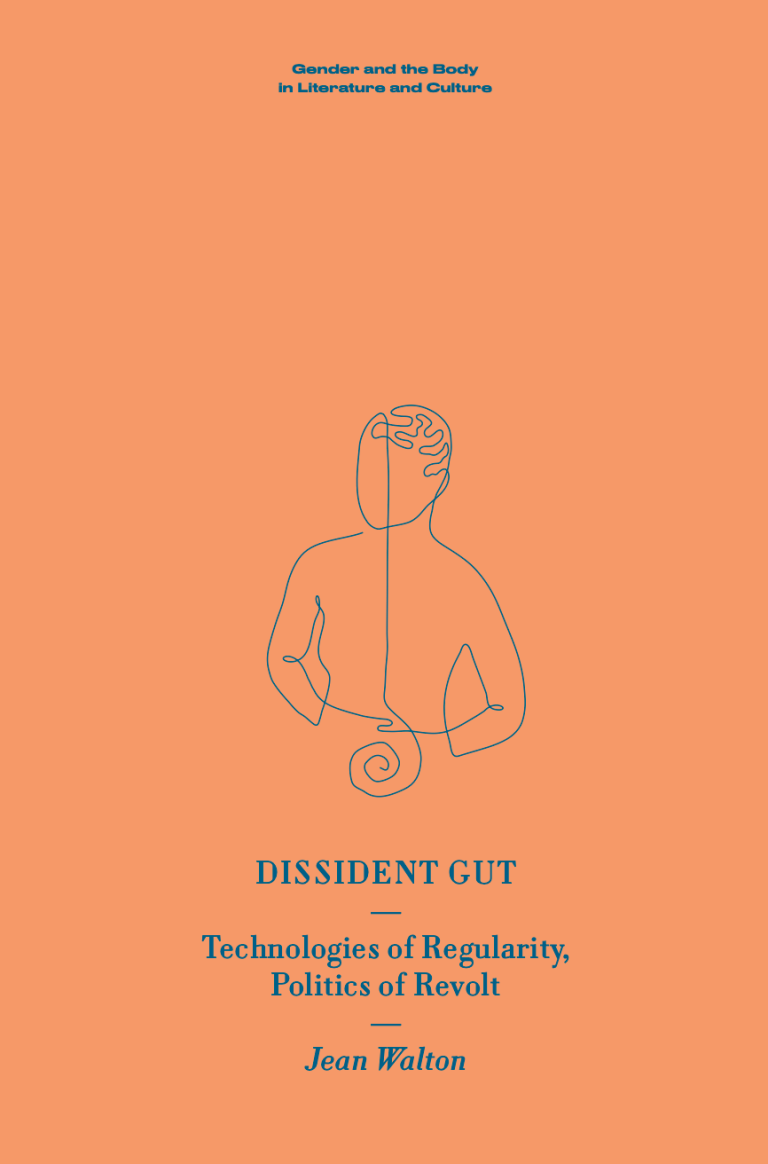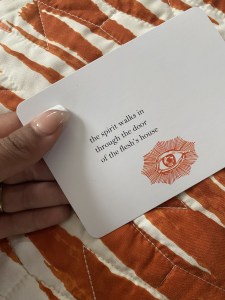
About
Synapsis Journal
Synapsis: A Health Humanities Journal was founded in 2017 by Arden Hegele, a literary scholar, and Rishi Goyal, a physician. Our mission is to develop conversations among diverse people thinking about medical and humanistic ways of knowing, and we see ourselves as a “Department Without Walls” that connects scholars and thinkers from different spheres.
Synapsis has been supported by The Society of Fellows/Heyman Center for the Humanities at Columbia University, the Institute for Comparative Literature and Society at Columbia University, and the GSAS Fellowships in Academic Administration Program at Columbia University.




